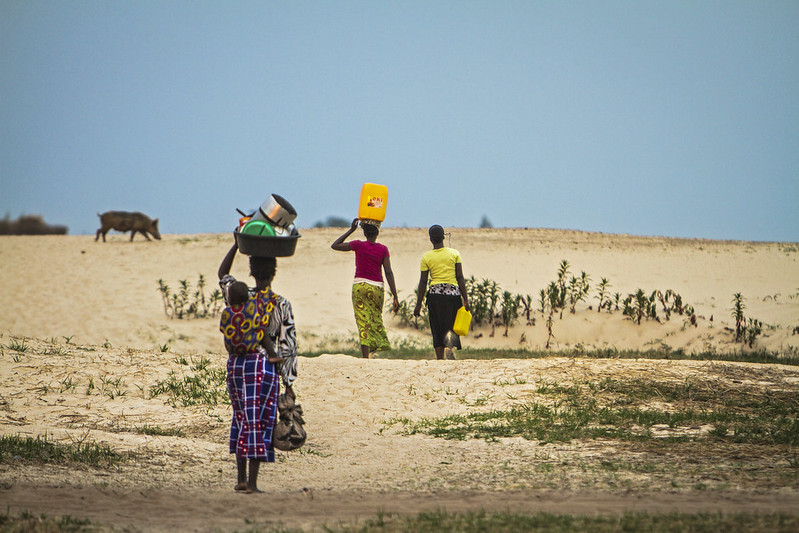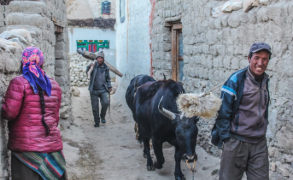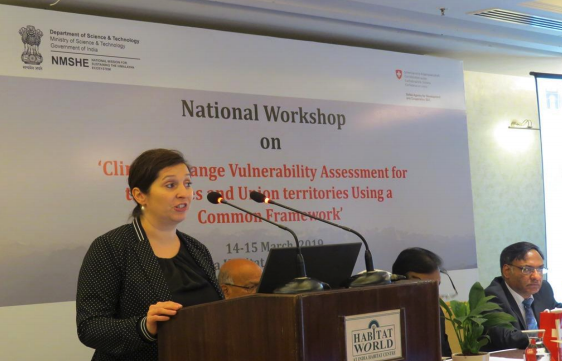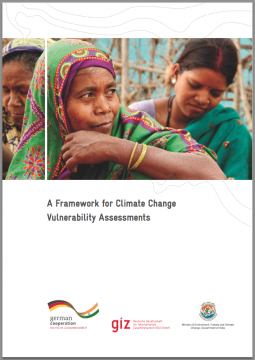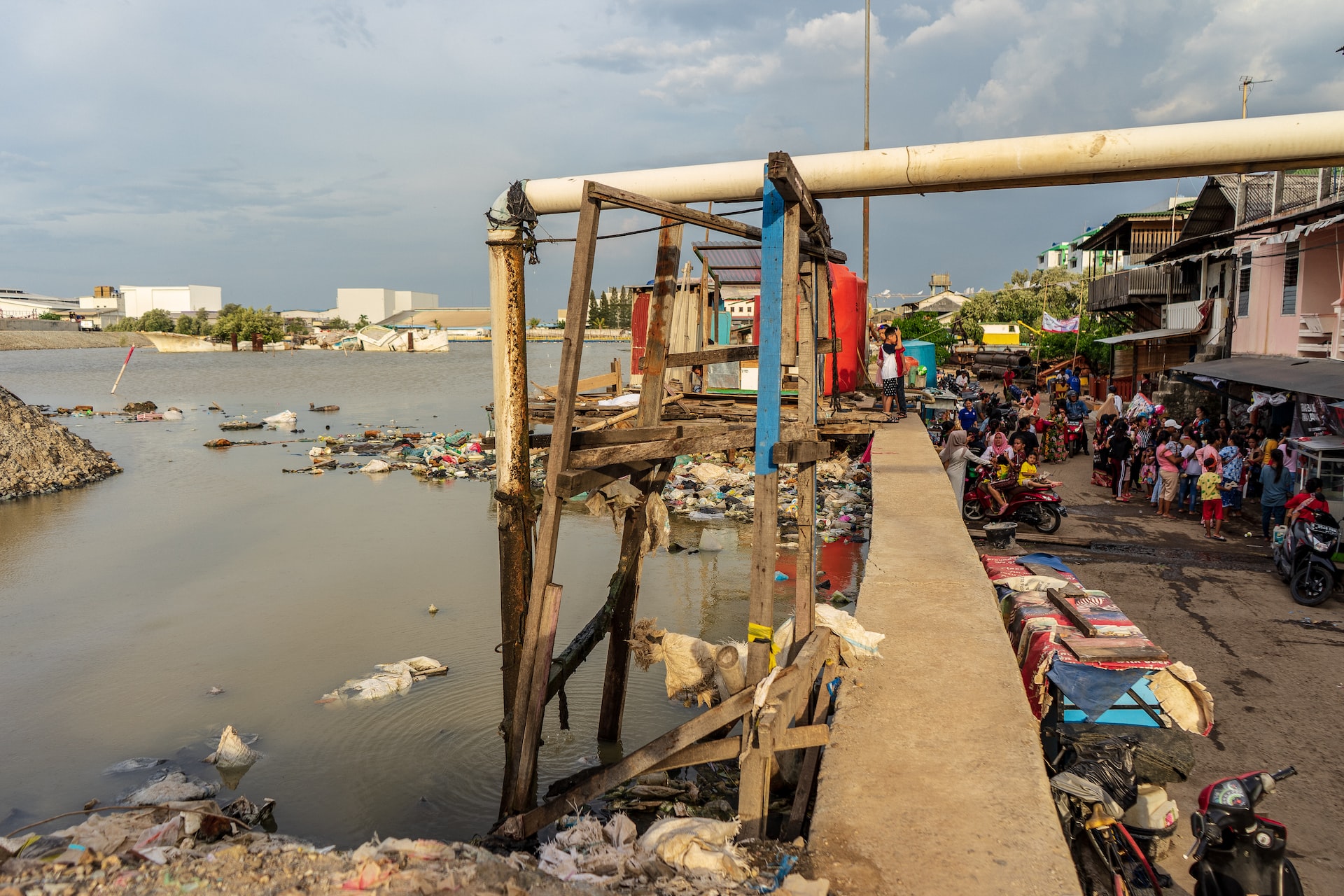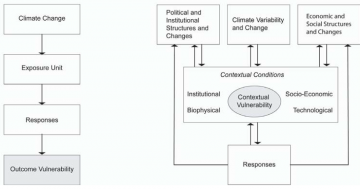frameworks of vulnerability
Engaging with the politics of climate resilience towards clean water and sanitation for all
In this journal article, world-leading water specialists from academic and practitioner communities propose a roadmap to meaningfully engage with the complex politics of climate resilient water security.
Asking the right questions in adaptation research and practice: Seeing beyond climate impacts in rural Nepal
This paper considers a reframing of adaptation research towards the dynamics of household reproduction and changing rural political economies in order to reveal the challenges rural populations face.
Applying the IPCC 2014 framework for hazard-specific vulnerability assessment under climate change
This paper compares the framework of the IPCC AR4 (2007) to that outlined in IPCC AR5 (2014) and describes how the AR5 framework provides a more contextualised and operationalisable approach.
A Framework for Climate Change Vulnerability Assessments
This vulnerabilty assessment framework was prepared by GIZ to provide decision-makers and adaptation implementers such as (local) government officials, development experts and civil society representatives with a structured approach and a sourcebook for assessing vulnerability to climate change. Furthermore, it provides a selection of methods and tools to assess the different components that contribute to a system’s vulnerability to climate change.
Comparative analysis of climate change vulnerability assessments: Lessons from Tunisia and Indonesia
Approaches to vulnerability assessment are compared in this analysis from application in Tunisia and Indonesia in a GIZ funded project.
Why different interpretations of vulnerability matter
Why different interpretations of vulnerability matter
Multi-stressor vulnerability
Vulnerability is broadly used to convey being susceptible to negative impacts (i.e. damage or harm) induced by some external stimuli that thereby pose a threat.
